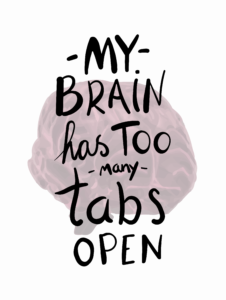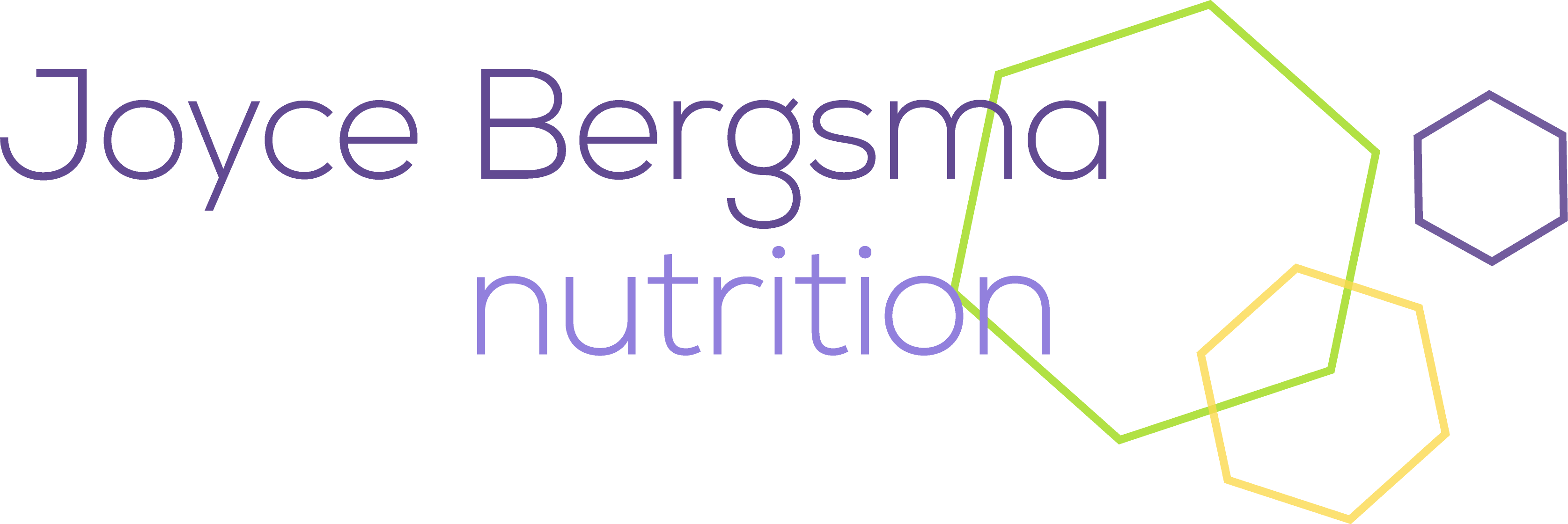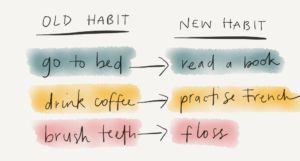
I am a failure at making habits
Recently, I was contacted by a client who was feeling overwhelmed. They hadn’t been able to follow everything in the programme that we had discussed and were feeling guilty about it. They hadn’t gotten into good habits and were worried that they had let me down. Feeling disappointed that they hadn’t done it perfectly.
 They are the most important person in this relationship, so it is not a matter of letting me down. Aside from that, they didn’t see the trap they were in. It’s a trap that everyone gets into. Tell me if you have never experienced this before, be honest:
They are the most important person in this relationship, so it is not a matter of letting me down. Aside from that, they didn’t see the trap they were in. It’s a trap that everyone gets into. Tell me if you have never experienced this before, be honest:
- You set exciting and lofty goals (Of course I have time to juggle a 60hr working week, my relationship, family and lose the extra 15kgs I’ve been carrying around for years, no problem! …what?! You are not superwoman!)
- Feel discouraged when you don’t follow through because you are too tired/stressed/busy (life kicks in)
- Quit completely, because, why bother as you messed it up already?! (insert self-abuse here)
- Feel guilty, really guilty (because of course it’s down to your lack of willpower, right? We all know that all Instagrammers have no problem sticking to goals and always look fabulous, right?!)
- Avoid taking the next step due to guilt and self-loathing (asking for help, making a new appointment, researching how to overcome this hump, reviewing their original goals, etc etc)
Everyone gets into this trap. People who are perfectionists get into this trap even more frequently. The higher the bar you set for yourself, the further it is to fall. So, what is the trick? How do you break this cycle?
Start simply
There are a few universal truths, I’ve discovered along the way, that stand as the basis of how to approach life and making change:
- Perfection does not exist; at least not in human behaviour, so give yourself a break (and a hug) because you are still amazing
- We can only do our best; that will change depending on how stressed/ill/happy/healthy we are (as Miguel Ruiz said in his book The Four Agreements)
- Consistency is what leads us to success in achieving our goals (eating healthy, losing weight, being active, thinking positively etc)
- The smaller the task, the easier it is to do (says Leo Babauta in his post: https://zenhabits.net/habitses/)
Make it so easy that you can’t say no. – Leo Babauta
It’s not just the habit
I started doing some research to add to what I already know about building habits and came across some well-written articles that include the science behind it (I love this approach!).
Writer Dean Yeong explains, in his habit guide (https://zenhabits.net/habitses/), that we build habits fairly easily, without intention or a goal in mind and often unconsciously. We build habits to make life efficient, so we don’t waste energy on making decisions at every point in our day:
- What side do I start brushing my teeth on?
- Do I drink water when I wake up in the morning or open the curtains first? etc
Normally, we set a goal and start doing the activity that will get us to our goal:
ie I want to lose weight so I’m going to run every day in the park. If I repeat this activity, then a habit will be formed. I had read in various sources that you need to do something 26 times at least to make it a habit and did #100daysofgratitude on Instagram at the end of 2017 to help me through a tough time in life.
Dean says this isn’t true and research shows that it does vary a LOT between people; don’t we all know someone who was vegetarian for a decade and then suddenly started eating meat? Or someone who worked out in the gym consistently and then dropped it?
The closed loop
The real answer to building habits is in creating a closed loop. While Dean calls this the Habit Loop; James Clear, in his post (https://jamesclear.com/three-steps-habit-change), calls it the 3 R’s of Habit Formation. It’s a bit of a mouthful, but 3 R’s is easier to remember:
- Reminder (the triggers that initiates your behaviour)
- Routine (the behaviour you want to make a habit)
- Reward (the benefit you gain from doing this behaviour)
Emotional eating
What I like about how James refers to the reward is that its the ‘benefit gained’. I feel like that’s different from the ‘reward’. The reason I say this is because with the work I do, I often hear people talking about food as a reward. When you were a child, did your mother placate you with food? To keep you quiet when you were at the bank, or shopping? Or as a reward for good behaviour? Or a punishment for bad behaviour?
With so many gyms and weight loss programmes, why are we suffering with so much obesity and weight issues? There IS an emotional component to our relationship with food.
Negative feedback loop
So what if your reward is not a reward at all, but it feels like a punishment? I had this several years ago when I tried to implement regular exercise. It felt like a punishment. I loved to try things, but doing the same exercises over and over again felt monotonous…and I have an aversion to ‘the sameness’ so it was a punishment and impossible to maintain.
Dean says the key is to try it out and tweak it until it feels right.
- Set your goal and the behaviour you want to implement to reach it
- Identify the trigger, test it and adjust where needed
- Then set up a reward plan, testing and adjusting it too.
Changing bad habits
When new clients come to me they are often apologetic about their diets. Everyone is afraid of being judged, but they are already judging themselves. I tend to encourage clients to focus on the positives and work on including what is healthy before focussing on what they need to eliminate from their diet. It’s a mind switch.
So what if you are ready to start excluding the ‘bad’ stuff? What’s the best way?
Remove the trigger
Taking the 3R’s, we could say that if the goal is to stop eating fried spring rolls then we need to look at their trigger. Could they stop walking past that Chinese restaurant on the way home? Is there another route? Could they include more fish in their diet so their body doesn’t crave fat? These are simple ways to help, but what do you do at a party where spring rolls are served?
Examine the reward or change the reward to pain
As I mentioned, food often has an emotional link. It’s worth exploring what that link is.
- Are you somehow punishing your body with unhealthy food because you don’t think you deserve to be healthy or feel good?
- Did something happen at work to make you feel worthless or unappreciated and you are eating this food as guilt is less painful than what occurred at work?
- Do you lack connection in your day to day life and this food gives you comfort (or reminds you of a period of time you felt connection)?
- If the reward gives you something (helps you relax) then Scott H Young says you need to replace it with another relaxing activity
We can remind ourselves of the statistics about heart disease or how painful our grandfather’s heart attack was to turn the reward into pain. We may realise the pain of working out or choosing vegetables over fried spring rolls is less than a heart attack, but often that is too far removed from our reality or takes too much effort to imagine or make it real enough. We are more likely to be motivated by the now, than the maybes of the future.
Switch habits
Once you’ve examined your bad habits and identified the triggers for them, you can identify new habits to link to them. If I’m bored, I tend to snack. When I realised that, I made a conscious effort to change it over to a new habit that I wanted to build. I knew my concentration was low then anyway, and I was monitoring my steps at the time and wanted to increase them.
That was my opportunity!
- My trigger was boredom
- If I felt drawn to the kitchen or my desk drawer, I would instead put on my coat and walk around the neighbourhood for 10 minutes.
- As a reward, I felt self-satisfaction. Another reward was an increase in the steps measured on my watch. Two for the price of one!
Getting started
Now you know how the best habits are formed, here’s your action list.
- Set a goal you want to achieve (focus on one at a time) – ie Lose weight
- Break it down into different components/behaviours that will help you get there – ie Exercise, Eat more vegetables, Eat more protein, Eat healthy fats
- Break each of them down further as the smaller the action, the more likely you are to do it – ie Walk after dinner, Eat 2 green vegetables per day, Include beans twice a week, Eat fish 3 times a week
- Identify triggers that can help remind you of your behaviour you want to include – Get your gym clothes ready by the door, Add peas and broccoli to the shopping list etc
- Think about what your reward is (just losing weight might not be enough) – ie You catch up with a friend that likes to walk with you, You discover new recipes, You feel more positive as you’re taking care of yourself, You notice a new gallery in the neighbourhood etc
-
Find an accountability partner, or 5! – Who can you message to say you’re going to work out today? Who will ask you about it later or send you some words of encouragement? Will someone join you? Share a photo of your groceries with a friend. Does it help you to post photos on social media?
- Stack your habits by using one habit as a trigger for another like Belle Beth Cooper does – ie Stacking dishes in the dishwasher after dinner reminds you to go for a walk
- Review each step – Look at your trigger and adjust, review your reward as you may notice different benefits to your new behaviour and realise another one isn’t important any longer
- Write it all down to help it stick
I really encourage you to check out the links above from James Clear (https://jamesclear.com/three-steps-habit-change) and Belle Beth Cooper, but especially Dean Yeong’s article (https://zenhabits.net/habitses/), which takes these concepts into further detail and gives more ideas on the subject.
If you found this post useful hit like, let us know in the comments or share it around.




Comment
Great article! The psychology of eating is so important, thank you for sharing such practical advice !